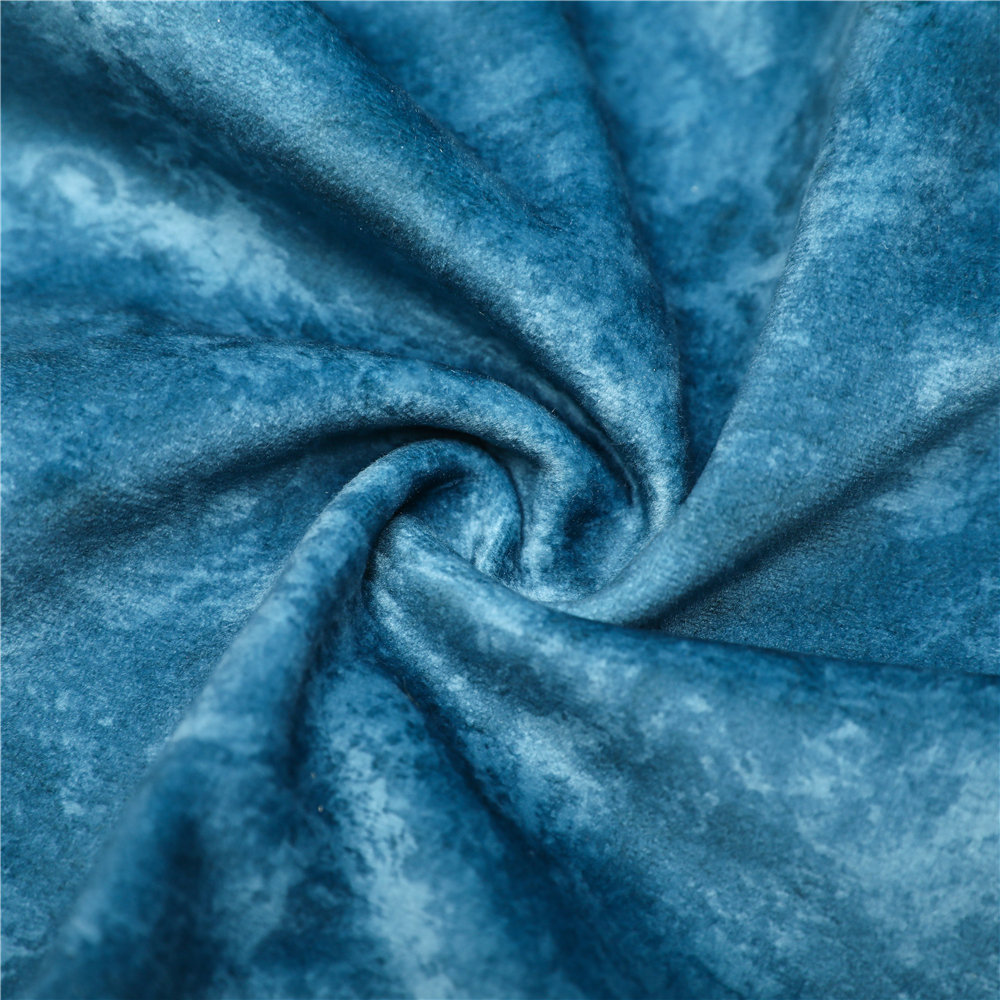Care instructions for tricot fabric can vary depending on factors such as the fiber content, specific finishes, and garment construction. However, here are some general care guidelines for tricot fabric:
Check the Care Label: Always check the care label on the garment for manufacturer-recommended care instructions. The care label provides the most accurate guidance for a specific tricot fabric.
Machine Washing: Tricot fabrics are often safe to machine wash. Use a gentle cycle with cold or lukewarm water. Avoid using hot water, as it can potentially damage the fabric or cause shrinkage.
Mild Detergent: Use a mild, liquid detergent designed for delicate or fine fabrics. Avoid using harsh detergents or bleach, as they can be abrasive to the fabric.

Avoid Overloading: Do not overload the washing machine. Ensure there is enough space for the fabric to move freely. Overloading can lead to excessive friction and potential damage.
Turn Garments Inside Out: To protect the fabric's surface, especially if it has delicate embellishments or prints, consider turning the garment inside out before washing.
Use a Laundry Bag: Placing tricot garments in a laundry bag or pillowcase with a zipper can help prevent snags and damage during the washing process.
Skip Fabric Softener: Avoid using fabric softener when washing tricot fabrics, as it can affect the fabric's elasticity and reduce its moisture-wicking properties.
Avoid Agitating: Minimize agitation in the washing machine by choosing a delicate or hand-wash cycle. Aggressive spinning and agitation can lead to stretching and damage.
Cold Rinse: Use a cold water rinse cycle to help remove detergent and minimize the risk of shrinkage.
Hand Washing: For delicate tricot fabrics, hand washing is a gentle option. Use cold or lukewarm water and a mild detergent. Gently agitate the fabric and avoid wringing.
Drying: Air drying is the gentlest method for drying tricot fabric. Lay the garment flat on a clean, absorbent surface, such as a towel, and reshape it to its original dimensions. Avoid hanging heavy wet items, as this can lead to stretching.
Ironing: Tricot fabric is generally resistant to wrinkling, so ironing is not often necessary. If ironing is required, use a low-temperature setting (typically labeled "synthetic" or "low heat") and a pressing cloth to protect the fabric's surface.
Storage: Store tricot garments in a cool, dry place, away from direct sunlight, to prevent color fading and damage. Ensure the garments are clean and dry before storing.
It's essential to remember that care instructions may vary from one tricot fabric to another based on its fiber content, construction, and any added finishes or embellishments. Always follow the care instructions provided by the manufacturer to ensure the longevity and quality of your tricot garments.

 英语
英语 中文简体
中文简体

















